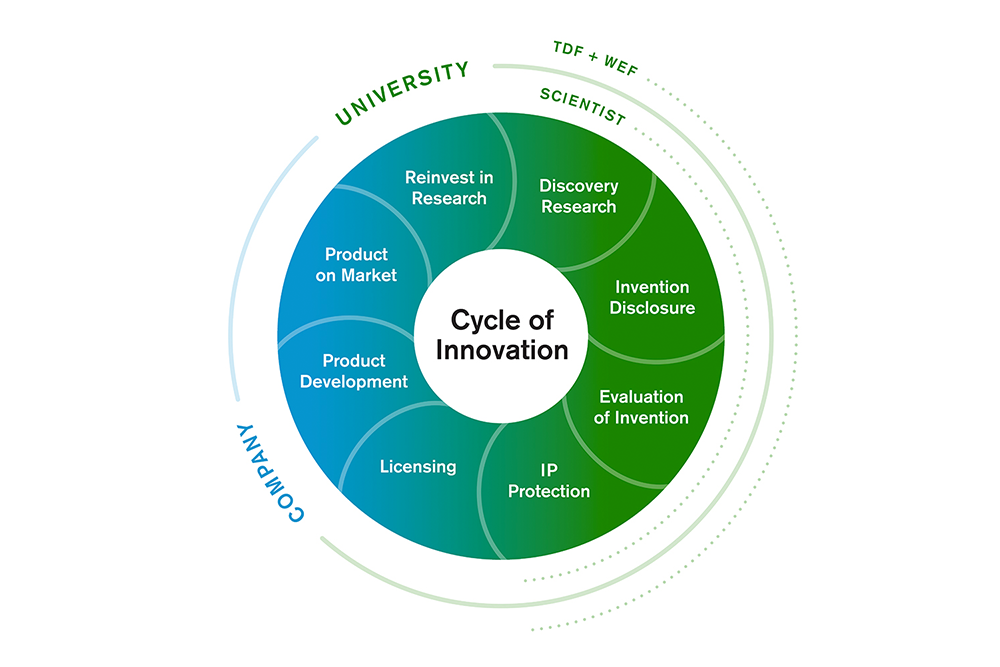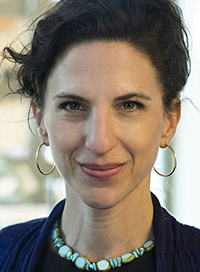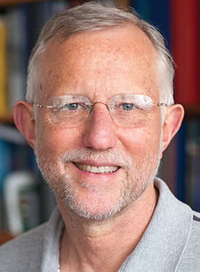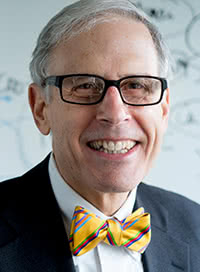Robertson Therapeutic Development Fund

Created in 2014, the Robertson Therapeutic Development Fund (TDF) is designed to help advance basic research discoveries, made in Rockefeller laboratories, into new medical therapies.
The Robertson TDF supports a broad range of projects, from early-stage studies intended to validate therapeutic targets and identify novel modulators through later-stage studies including first-in-human trials of investigational drugs and antibodies, often conducted at the university’s on-campus research hospital.
This funding helps to bridge critical gaps in drug development, ensuring that important findings made in the university’s labs have the best chance of becoming new medicines, therapies, devices, and diagnostics.
This first-of-its-kind drug and diagnostics discovery fund has matured into an institutional investment that leverages the greatest strength of the university—innovative science and a deep understanding of fundamental biology—for the benefit of health and humanity.

Vanessa Ruta, Ph.D.
Laboratory of Neurophysiology and Behavior
“With proof-of-concept funding, we resolved the structure of the essential insect olfactory receptor, Orco, in complex with its synthetic agonist, providing the first structural insight into the modulation of these receptors by small molecules and laying the foundation for the development of novel classes of insect repellents.”

Charles M. Rice, Ph.D.
Laboratory of Virology and Infectious Disease
“Grants from the Robertson Fund have allowed us to initiate and develop new projects aimed at therapeutic development for hepatitis B and hepatitis E. The funding has also enabled us to create stem-cell based models of stellate cells, which are primary drivers of liver fibrosis and early-stage liver disease. Such stem cell-based models could revolutionize research on viral disease pathogenesis, prevention, and treatment. TDF has seeded several programs that will flower into translational applications.”

Barry S. Coller, M.D.
Allen and Frances Adler Laboratory of Blood and Vascular Biology
“We would never have been able to found CeleCor Therapeutics or been able to conduct the Phase I and II studies, or be in the midst of a pivotal Phase III trial, as we are now, without early support from the Robertson Therapeutic Development Fund at Rockefeller.”